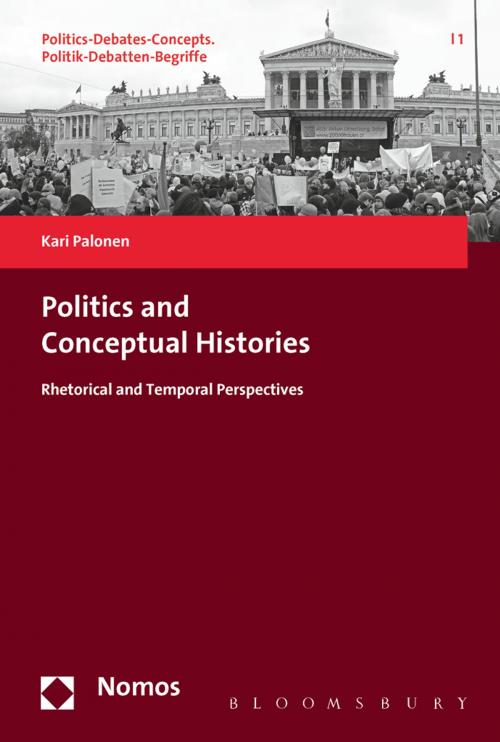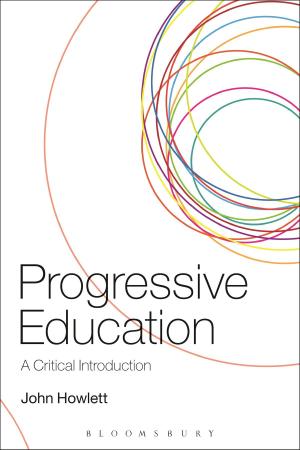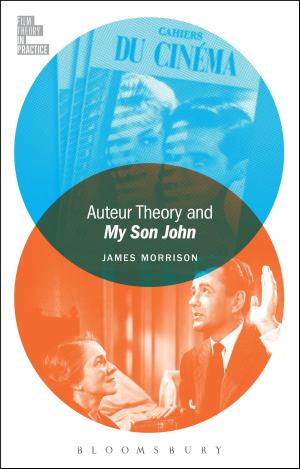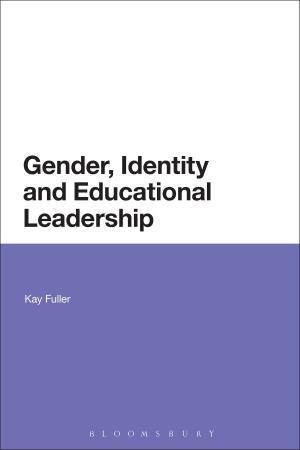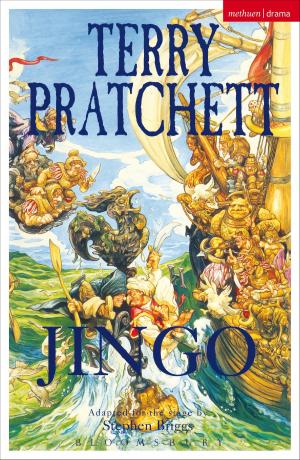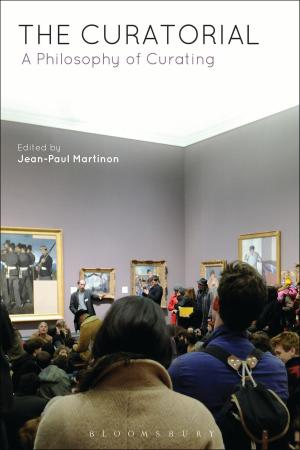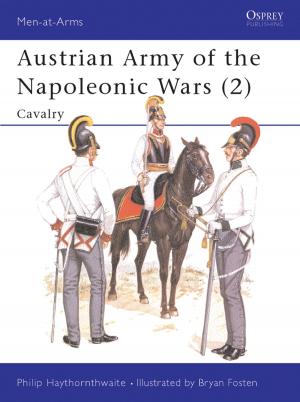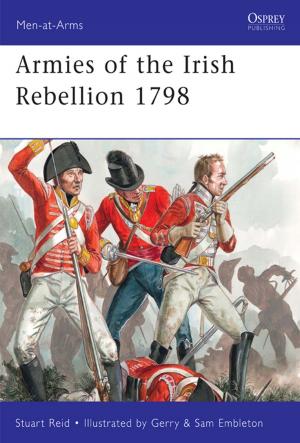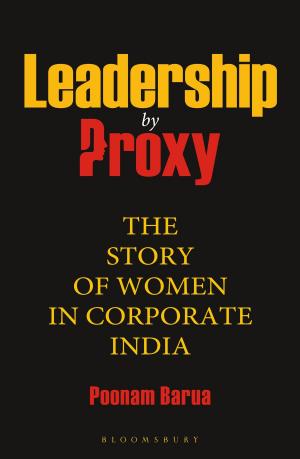Politics and Conceptual Histories
Rhetorical and Temporal Perspectives
Nonfiction, Social & Cultural Studies, Political Science, Politics, History & Theory| Author: | Kari Palonen | ISBN: | 9781474228305 |
| Publisher: | Bloomsbury Publishing | Publication: | October 20, 2016 |
| Imprint: | Nomos/Bloomsbury | Language: | English |
| Author: | Kari Palonen |
| ISBN: | 9781474228305 |
| Publisher: | Bloomsbury Publishing |
| Publication: | October 20, 2016 |
| Imprint: | Nomos/Bloomsbury |
| Language: | English |
The international expansion of conceptual historical research during last 20 years is a remarkable turn in the academia. The conceptual confrontation of different approaches, themes and forms of research has reached several academic fields in numerous countries. From the 1990s to the present Kari Palonen has shaped and supported this change with his emphasis on its role for the study of politics.
The chapters of this volume offer a testimony of the changing awareness, new thematics and multiple research orientations of this story. Palonen discusses the works of Reinhart Koselleck and Quentin Skinner as partly competing, partly converging approaches to conceptual history. He applies both Koselleck's time-centred and Skinner's rhetorical perspectives in his own studies on theorising politics. Simultaneously he emphasises the heuristic impulse of both approaches for the study of political practices, for the reorientation of parliamentary studies in particular.
The international expansion of conceptual historical research during last 20 years is a remarkable turn in the academia. The conceptual confrontation of different approaches, themes and forms of research has reached several academic fields in numerous countries. From the 1990s to the present Kari Palonen has shaped and supported this change with his emphasis on its role for the study of politics.
The chapters of this volume offer a testimony of the changing awareness, new thematics and multiple research orientations of this story. Palonen discusses the works of Reinhart Koselleck and Quentin Skinner as partly competing, partly converging approaches to conceptual history. He applies both Koselleck's time-centred and Skinner's rhetorical perspectives in his own studies on theorising politics. Simultaneously he emphasises the heuristic impulse of both approaches for the study of political practices, for the reorientation of parliamentary studies in particular.
